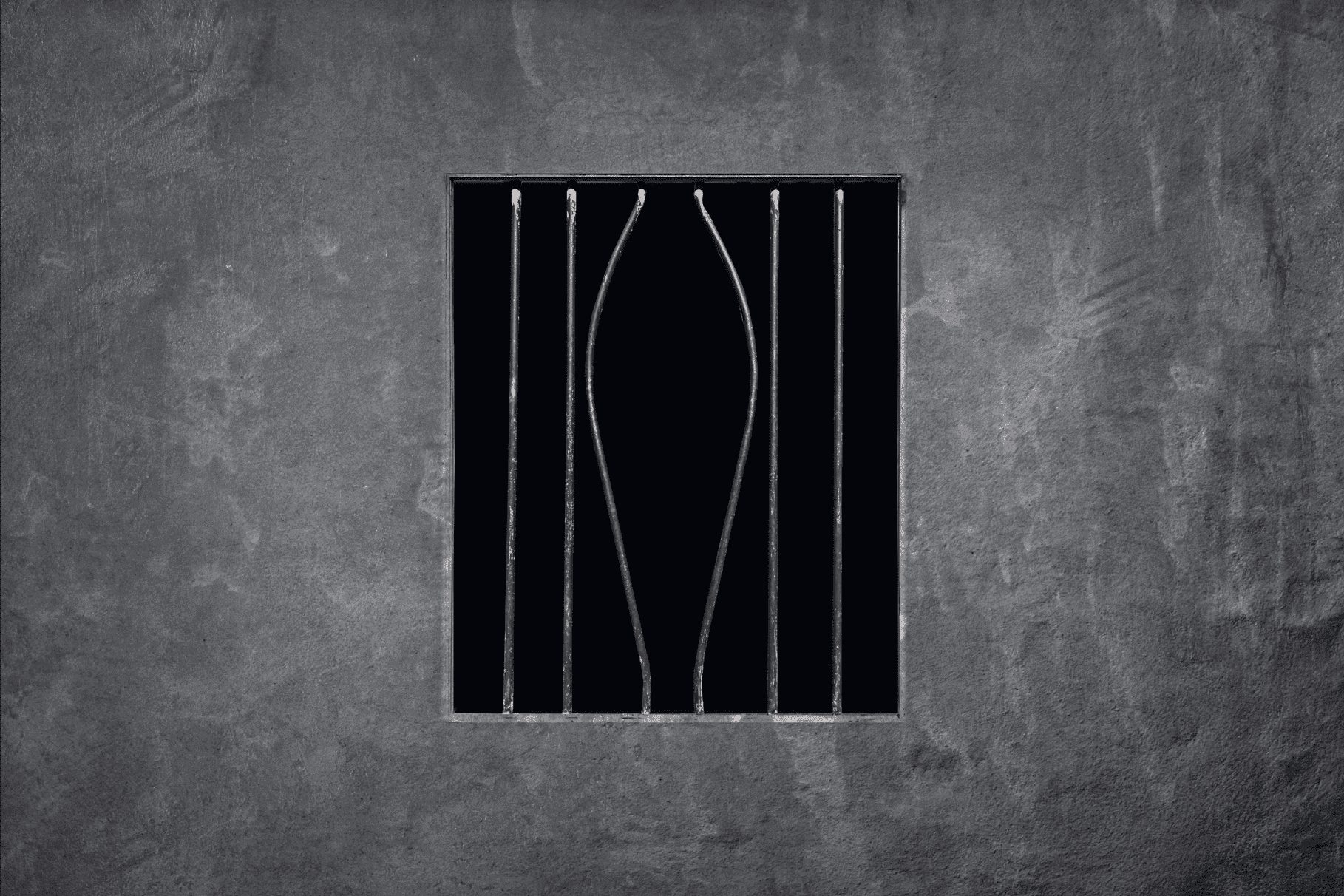You shouldn’t be defined by your charges or your record. However, most of the time, if you don’t disclose your record to others, they will accuse you of being deceptive. and/or their overall ability to trust you will be damaged.
So, how do you manage this?
As a person with a record, I’m desperate for people to know me as the person I am. Not the person I was 12 years ago. Not the ‘felon’ that the legal system attempts to reduce me to.

As part of this, I go weeks or months before I disclose my legal history to somebody. I think my history is my personal information. I should be allowed to assess other people before I entrust them with the personal information that is my past.
Some people may balk at this and say I, as a person with a criminal record, should disclose my history — first thing, to anybody and everybody — before I begin any kind of relationship with them. These people say that if I don’t disclose my information, that makes me a liar, a sneak. And worst, some people try to say that omitting details about my background is ‘criminal in and of itself’— because of a common social perception that people with legal history shouldn’t be allowed in certain spaces or social groups.
Our personal information is our personal information.
And, it is ours to disclose to people who we believe we can trust with personal information.
Most people believe we should out ourselves and disclose our legal histories to anyone and everyone. They believe that we should essentially just go thorough life wearing a prison orange jumpsuit on the outside. Dr. Anne Kathrine, author of the book Boundaries, would disagree.
We should not have to disclose our personal information to people who would in some way violate that trust, mishandle that information or somehow harm us because of that information.
Even more, Dr. Kathrine makes it clear that it is each person’s personal responsibility to protect themselves from people who might harm them or take advantage of them.
So, when is the right time to disclose your charges?
Well, unfortunately, parole and probation have very clear rules about disclosure, requiring it in employment, housing and other situations. There are also different requirements depending on the kind of conviction a person has. It is important to know these laws and to follow them.
But, beyond your legal requirements, it’s up to you to determine when and how is a safe way to disclose. It would be helpful to have this conversation with trusted friends or family.
Don’t Disclose Your Record
There are a few situations where I would recommend people not disclosure their record.
- If you meet a person and you observe them mishandle or “fudge” information when they retell it, do not disclose it to them. It is likely they’ll mishandle your information and that will cause you unnecessary harm.
- If a person is a gossip or mean-spirited with their words or other actions. Do not tell them either.
- If a person expresses prejudice or close-minded opinions about “criminals” or the legal system. You should not have to tell these people.
Do Disclose Your Record
But there are also situations where you might feel comfortable disclosing your record.
- If legal requirements will impair your ability to perform your job duties.
- Before entering into serious commitments with other people.
The Takeaway:
Your information is your information. Unfortunately, your personal information is not 100% under your control because of our current legal system and culture. But, you do have the right and responsibility to protect yourself as much as you are able.






